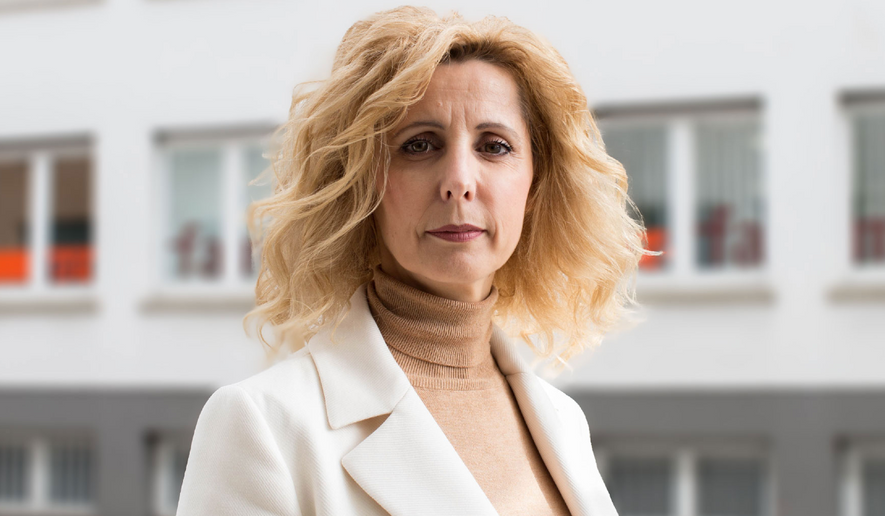A three-year battle over silent prayer near an abortion-counseling facility in Germany took a new turn Wednesday when a regional court ruled in favor of pro-life protesters.
The pro-life group 40 Days for Life had been banned from holding twice-yearly gatherings for silent prayer outside the Pro Familia abortion counseling facility in Pforzheim since February 2019. ADF International, a human rights group, appealed the ban on the grounds of freedom of religion, assembly and expression, a news release stated.
“Every human life is valuable and deserves protection,” said prayer vigil organizer Pavica Vojnović in a statement. “I am heartened that we will be able to resume our prayer vigils in support of women and their unborn children in the place where we think it makes the most sense. It is a great relief that the court has recognized our fundamental freedoms.”
Pro Familia had asked the group first to move to the other side of a four-lane road from their office, and the 40 Days for Life protesters agreed, ADF International reported. Then, the abortion counselors asked the city of Pforzheim to ban the group from “earshot and sight” of the facility.
A lower court supported the ban, but the Mannheim Administrative Court said “unfounded allegations” against the prayer organizers were an insufficient reason to restrict the 40 Days group’s freedoms.
Judges said the prayer group’s freedom of assembly and freedom of expression are “necessary for a free democratic state order and in particular includes the right of self-determination over the conduct of the assembly.”
The ADF International statement said such legal challenges are “on the rise” in Europe and cited the July reversal of a 2021 fine levied against Rosa Lalor of Liverpool, England, for “walking and praying” outside an abortion clinic duing a pandemic-related lockdown. Police later found Ms. Lalor within her rights to engage in silent prayer outside the facility.
“The silencing of pro-life expression, including prayer, is a reoccurring issue across Europe. When the government starts prohibiting silent prayer in certain places, we enter the business of policing thought crimes — a frightening proposition for all,” said ADF senior counsel Felix Böllmann.
• Mark A. Kellner can be reached at mkellner@washingtontimes.com.




Please read our comment policy before commenting.